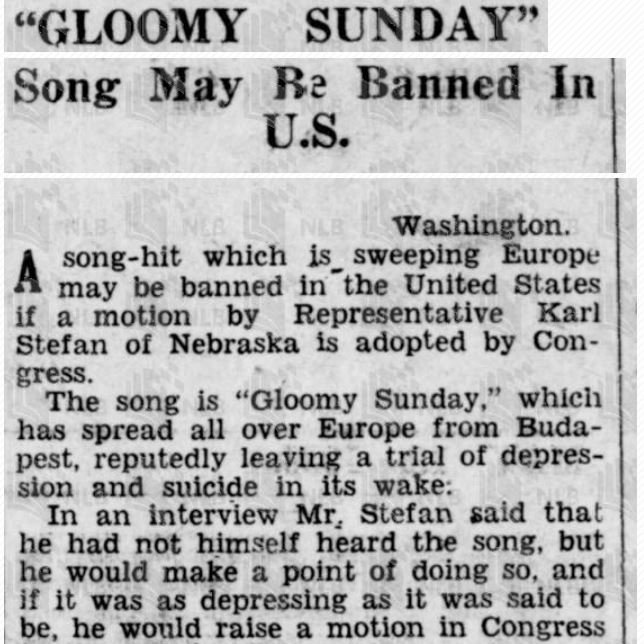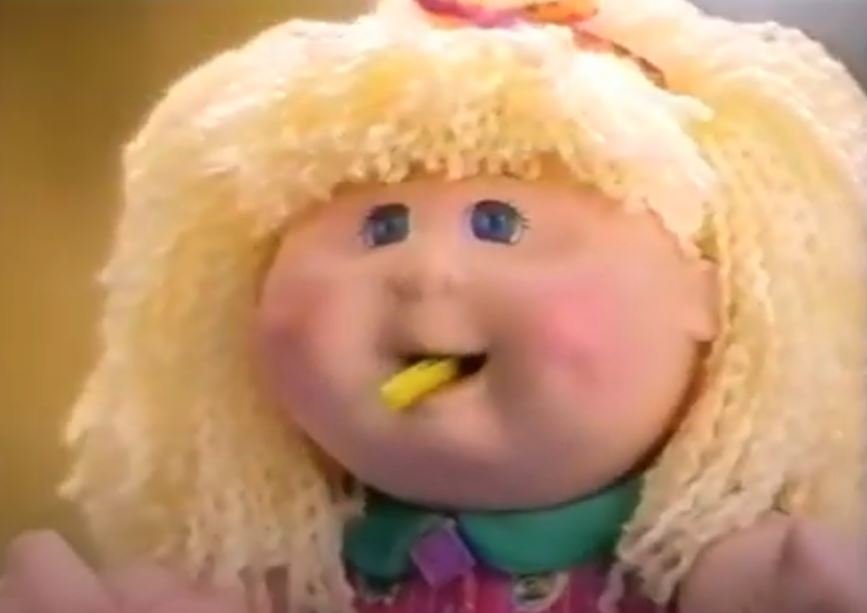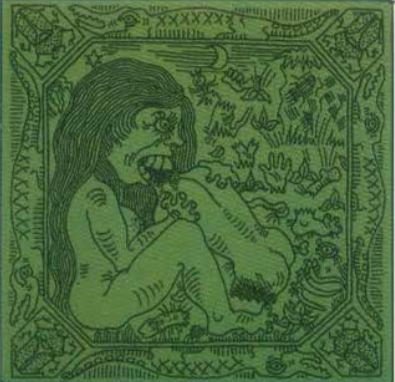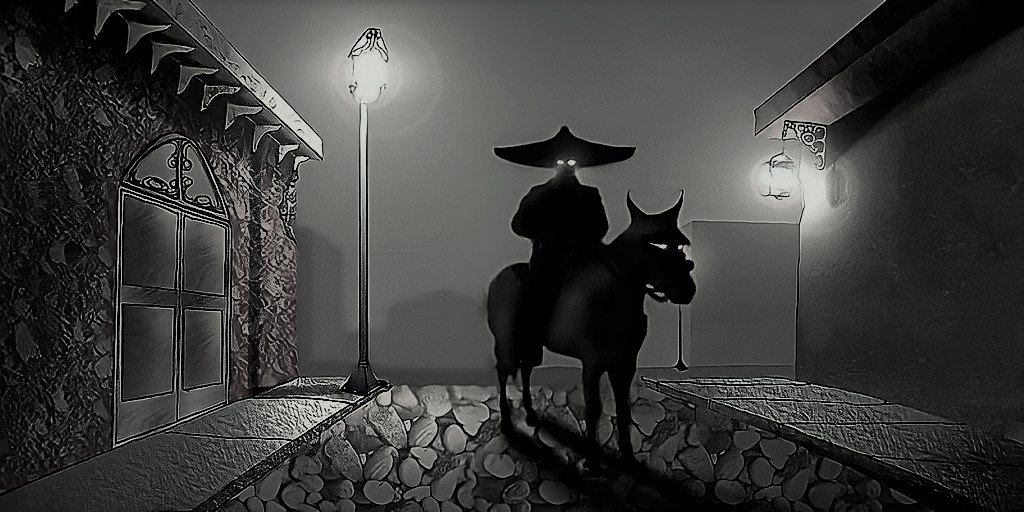The Cursed Story of Gloomy Sunday
They say that music can cause people to feel all types of different emotions, it can motivate you, make you happy, and depress you. Yet, there is a question of whether music can cause you to do unquestionable things. If you believe the legends there’s one song in particular called Gloomy Sunday that is responsible for making hundreds take their own lives.
The “Hungarian Suicide Song” Legend
In Paris, in 1933 pianist and aspiring musician Rezso Seress sat by his piano lamenting his latest failure to sell his music. It had been rejection after rejection and Rezso was losing hope. His girlfriend, who had always encouraged him in the past, changed her tune and was now trying to convince him to get a 9-5 job. An argument broke out between the two and she left him to wallow in his failures.
Staring out of his window, Rezso absent-mindedly began playing a song to drown out his painful thoughts. After a few minutes, he stopped and realized the song reflecting his pain and hopelessness could be the one. He quickly wrote down the music and added some lyrics, calling the song “Vége a világnak” which translates to “The World is Ending”.
Rezso Seress
A few days after sending the song to a publisher, he was told that while it was good, it was too depressing for publication. Rezso refused to give up and sent it to another publisher who agreed to publish the song across France.
Sometime later Hungarian poet Laszlo Javor visited Rezso and showed him his version of “The World is Ending” which maintained the music but changed all the lyrics. The two agreed to work together to sell this version, now known as “Szomorú Vasárnap” which translates to “Gloomy Sunday”.
The sheet music sold well but it wasn’t until 1935 when Hungarian singer Pál Kalmár who was at the height of his fame, recorded the song that it became the hit Rezso wanted.
Multiple Curious Deaths
As the song grew in popularity across Europe, police in Budapest found themselves extraordinarily busy investigating a string of suicides. At a live musical performance on the outskirts of the city, they were called to find two men who had shot themselves, in multiple homes within the city they discovered the dead laying by a gramophone, and in the Danube river, several bodies were pulled out clutching paper in their hands.
It wasn’t until they investigated the death of a shoemaker named Joseph Keller that they started to put things together. Near his body, they found a note quoting the lyrics of “Gloomy Sunday”. Going back to the previous deaths they discovered the band at the musical performance was playing “Gloomy Sunday” when the deaths occurred.
The gramophones at the homes of the suicides last played the same song. And, the paper the bodies were clutching in the river, was the sheet music to Gloomy Sunday. The police now knew they had a problem.
Working quickly, they banned the song from being played on the radio and spread the word of the cursed “Gloomy Sunday” to other cities. By that point, the song had taken 17 lives but the police didn’t realize they were already too late.
The Rest of the World
In Germany, a shopkeeper hanged herself leaving a copy of the Gloomy Sunday sheet music under her feet. Nearby an 80-year-old man played the music as he jumped from his 7-story window and a 14-year-old girl drowned herself holding the sheet music.
In Rome, an errand boy passed by a beggar humming the song and as if he was in a trance, the boy gave the man all his money and jumped into the river to his death. In London 1941, while listening to the song a woman purposely overdosed on barbituates. Following this death, the BBC banned the song.
In 1936 The New York Times reported the death of a 13-year-old boy in Michigan who hanged himself and had the lyrics of Gloomy Sunday in his pocket. That same year in New York a college student, Philip Cooke, shot himself after listening to the song. The English translation of the song was subsequently banned in several cities and states.
In 1937, a man in Indianapolis, Jerry Flanders, hired a soloist to play the song while he was at a bar. The police heard the song being played and rushed in. Jerry was arrested, and the police found he had poisoned his own beer.
Despite these deaths and some outcry from the public, in 1941, Billie Holiday would record what would become one of the most famous versions of “Gloomy Sunday”. By 1945 the song was said to have caused over 200 deaths around the world. But, after World War II, the stories of deaths died down and the song faded into obscurity.
Rezso’s Outro
Following the growing success of “Gloomy Sunday” all around the world, Rezso sought out his former lover in an attempt to rekindle the romance. After searching for some time he discovered she too had taken her own life. Next to her body police found just two words written on a piece of paper, “Gloomy Sunday”.
In 1968, just after his 69th birthday, Rezso Seress jumped out of a window and ended his life. Prior to his death, he was quoted as saying,
“I stand in the midst of this deadly success as an accused man. This fatal fame hurts me. I cried all of the disappointments of my heart into this song, and it seems that others with feelings like mine have found their own hurt in it.”
Separating Truth from Fiction and Exaggeration
Like most stories involving a cursed object, there are always exaggerated claims made about the tragedies that are caused by the curse or how it was created. Unsurprisingly this is the same for the story of “Gloomy Sunday”.
Many sources claim that Rezso's heartbreak led to him creating the song, others claim it was Laszlo’s, and still, others say it was both. The most popular version seems to be the one told above although that may only be due to the supposed suicide of Rezso’s ex-lover years later which never happened. In reality, Rezso married Háni Nádler (sometimes written as Helénke Jászonyiné) in 1934 before “Gloomy Sunday” became a hit.
Rezso was also not an unknown struggling artist at the time. From 1925 to 1933 he wrote, composed, and sold around 100 songs, forty of which were for other artists. In 1933 before “Gloomy Sunday”, Hungary’s magazine, The Delibab, called him “a small grandmaster of composition”.
Creating a Song
As for “Gloomy Sunday” itself, in 1936 Rezso was interviewed by the Délmagyarország, a Hungarian newspaper, where he tells its origins. According to Rezso, Laszlo, who was a journalist at the time, wrote “Gloomy Sunday” for music by a different composer but ended up not liking the music. After a chance meeting in a cafe, Laszlo gave the lyrics to Rezso and asked him to write music for it.
Once the song became popular it is true that there were some deaths in Hungary that were blamed on the song but these were exaggerated claims. I couldn’t find any sources or evidence supporting the claim of 17 deaths and I couldn’t find sources that the song was banned in response to the deaths.
Rumors and Responses
Around the world, the rumors of the “Hungarian Suicide Song” were already spreading causing it to gain publicity before it was even translated or played. Once it was, unverifiable claims of suicides because of the song also started popping up. Other claims, like the one of Jerry Flanders in Indianapolis, have since been exaggerated.
In Time Magazine where Jerry’s arrest was first reported, it states that Jerry paid the soloist to play “Gloomy Sunday” at his funeral not at the bar. It’s not clear how and when the police were alerted but it was not due to “Gloomy Sunday” being played.
While investigations into other deaths did find ties to the song, none were strong enough to outwardly blame the song. Some cities around the world did try to discourage the song from being played because of the legends, but a ban was not placed until 1941 by the BBC for the Billie Holiday version. This was done (along with a lot of other songs) in order to not lower worker and troop morale as World War II was going on. The ban was lifted in 2002.
In the United States, Nebraskan congressman Karl Stefan did try to ban the song in 1936 but admitted to not having listened to it. The motion to ban it either didn’t pass or never made it to the floor.
Possible Explanation for The Suicides
It’s important to note that at the same time “Gloomy Sunday” became popular, the Great Depression was affecting the world. People and places around the world, including Hungary, were affected by poverty and famine. Suicide numbers for every nation around the world experienced a peak in numbers. Meanwhile, the world was slowly creeping towards another world war.
A research paper written in 2007 by Steven Stack, PH.D., Karolina Krysinska, PH.D., and David Lester, PH.D., found that between World War I and World War II, Hungary had one of the highest suicide rates in the world. In 1933 there were 32 suicides for every 100,000 citizens, after “Gloomy Sunday” was released and became popular, the number of suicides actually went down slightly to 31 per 100,000.
It’s more likely “Gloomy Sunday” did not cause the deaths but instead was easier to blame instead of the more complex socio-political factors that appeared unsolvable.
Rezso’s Death
While the song continued to garner worldwide attention, both positive and negative, Rezso suffered his own hardships. As he was Jewish, he was placed in a labor camp during World War II and subsequently beaten severely enough to lose a kidney.
After the war, Rezso returned to his home and discovered his wife, who was Christian, was now married to another man. Meanwhile, Hungary became a Communist country, and Rezso’s music along with many other artists’ works was banned.
Though Rezso and his wife reconciled, Rezso was said to have sunk into a depression. In 1968 he did jump out of his balcony in a suicide attempt but survived with multiple broken bones. Days later at the hospital, Rezso used the wire propping up his cast and strangled himself.
Other Sources
Learn a Little Bit of Everything!
Myths, Mysteries, & Monsters

















